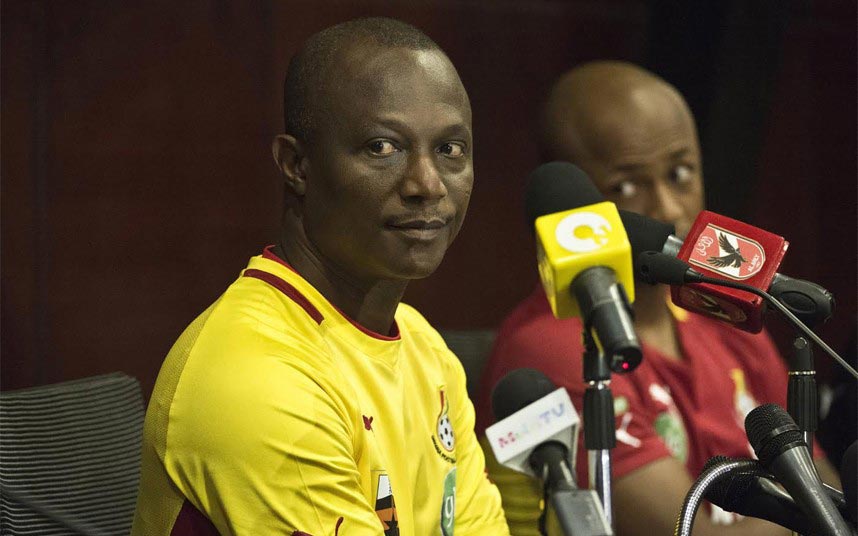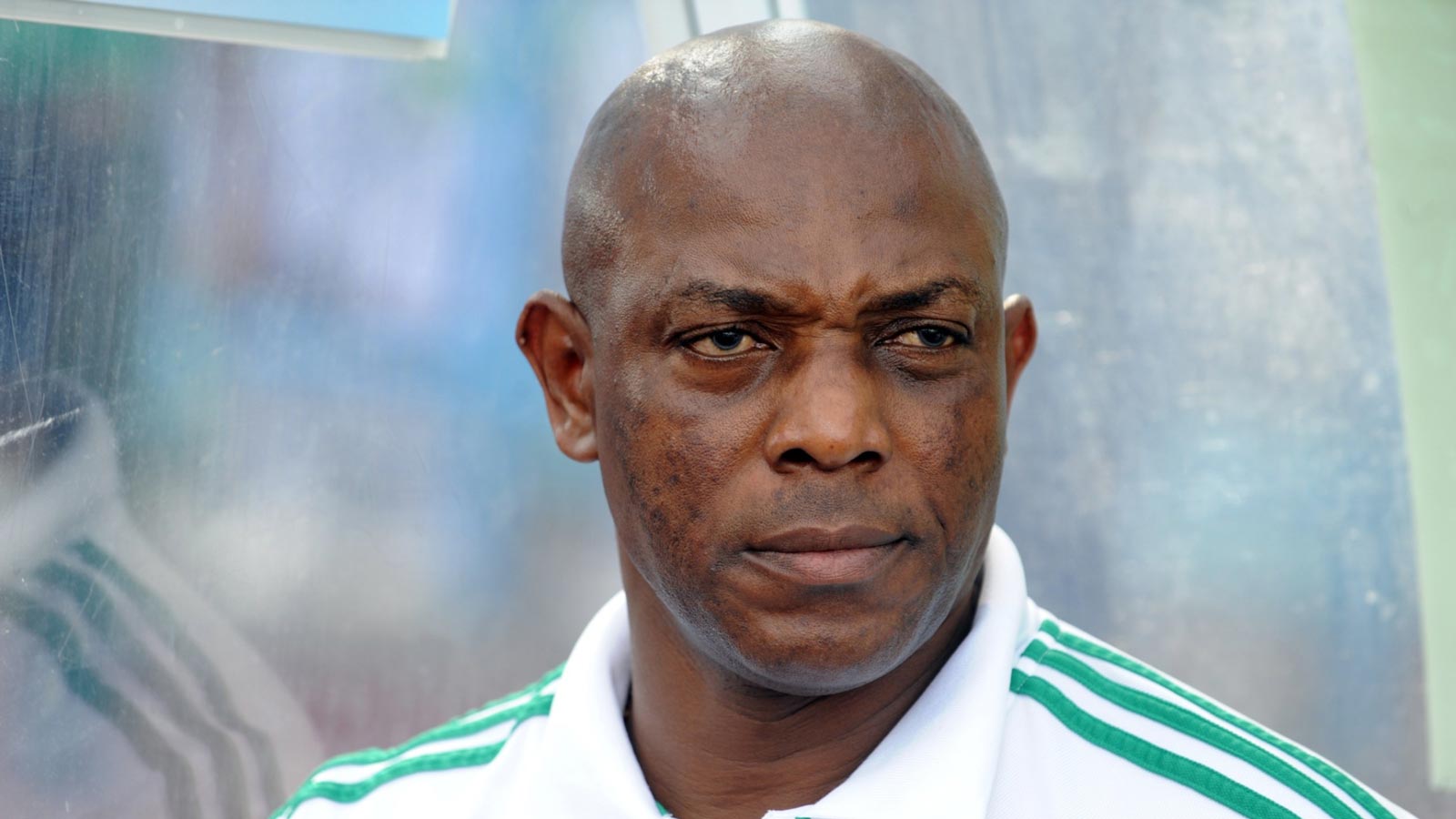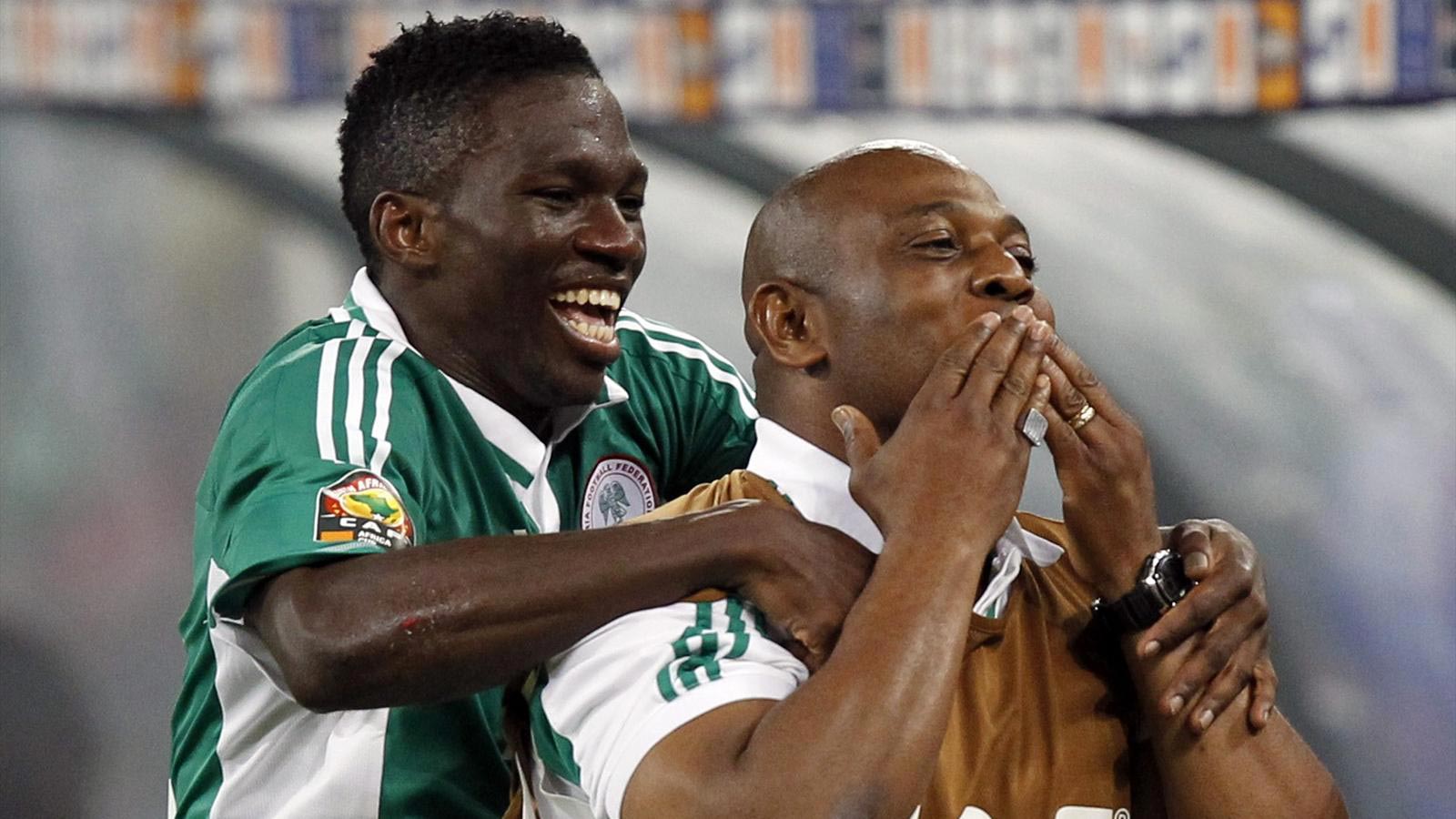by Ian Hawkey
Stephen Keshi, the head coach of Nigeria, has a quaint phrase to describe the men of his profession he believes are doing African soccer a disservice. They are the “carpentry coaches,” he says. By that, he means the individuals who have a limited level of expertise as tacticians, leaders, motivators – barely more than the average carpenter – but because of where they come from, somehow end up with important jobs.
They are, Keshi believes, a problem in Africa above all. But they are also a type of coach, usually from abroad, African soccer’s executives and administrators have consistently promoted. Historically, Africa’s national teams, and many of its leading clubs, have leaned very heavily on coaches from outside the continent, and despite a number of pan-African initiatives to develop local coaching talent, once again a majority of the African teams arriving in Brazil will be taking orders from a European.
Algeria’s man-in-charge is the Bosnia-born Vahid Halilhodžić, Cameroon have contracted a German, Volker Finke, and Ivory Coast are guided by the 42-year-old former France footballer, Sabri Lamouchi. The good news for those who believe international soccer should not only be played, but also planned, by those with a heartfelt allegiance to their flag is that Africa’s own coaches are slightly better represented at World Cup 2014 than they were at the 2010 edition.
Then, in a South Africa that was supposed to be ushering in a brave new era of self-confidence for the African continent’s favorite sport, only one out of the six African squads had a coach with the same passport as the 23 players he was instructing. As the Algerian activist and rapper, Rachid Taha, observed: “It’s like nightclub bosses, who ask a black guy or an Arab to be their bouncer; in Africa we always ask the foreign white guy to come and coach our soccer teams.”
Keshi, a former captain of Nigeria’s Super Eagles, described to me at the most recent Africa Cup of Nations, where he coached the Eagles to victory, what he sees as a reluctance to promote indigenous coaching talent. “What I don’t accept is when you bring in a mediocre coach from Europe, a ‘carpenter’ coach, and tell me that he’s better than me. And meanwhile we have quality African former players, who can do the same thing, but you don’t give them the opportunity because they’re ‘just black dudes’. I don’t like that.”
He made it clear he was not making a racial distinction, but that he felt many African coaches suffer from a form of discrimination practiced by their own soccer federation employers. “I am never against white coaches in Africa,” said Keshi, 52. “I am happy to work with a quality, experienced white coach, who is better than me, so that I can learn from him.”
Keshi has had some bad experiences in a varied and distinguished coaching career. He had been an expatriate coach himself, notably when he guided Togo, a small West African country, with a national team who had no significant pedigree, to a remarkable qualification for the 2006 World Cup. In between his securing that unlikely success and the beginning of the tournament itself, he was replaced by a German, Otto Pfister.

Pfister is one of a cadre of Europeans who over the last three or four decades have made a specialism of coaching in Africa. The 76-year-old has held the main job at no fewer than eight different national squads from the continent. French coaches like Claude Le Roy, the current coach of the Democratic Republic of Congo, and Philippe Troussier, who took South Africa and Japan to different World Cups and during a spell working successfully in Ivory Coast picked up the nickname “The White Sorcerer”, have established similar “go-to” credentials. They have strong success rates, and plenty of experience on the continent.
As Troussier explains, they, as expatriates, can also offer a perspective that is attractive to some federations. “It’s not an issue of color, it is a political issue,” Troussier said when I asked why there seemed to be such disproportionate number of European coaches employed at the elite level of African football. “A local coach can be seen to be more influenced by the atmosphere around a team, whereas sometimes they want a foreigner to ‘neutralize’ the job.
“The foreign coach,” Troussier explains, “can say he doesn’t know whether player ‘x’ comes from the north, south, east or west of the country. Therefore, it can’t be said of the foreign coach, ‘Ah, he has a favorite tribe or region’. He just picks the best 11 players, wherever they come from. That’s not so different from, say, Real Madrid, where things can be much more difficult if you are a Spanish coach than if you are a foreigner.”
The good news for Keshi, and his pioneering spirit is that he is not the lone representative of a new generation of African coaches at this World Cup. Ghana will be led by Kwesi Appiah. The 53-year-old is a contemporary of Keshi, and a former Ghana player. On his appointment in 2012, he described himself as the “underdog” candidate, but brought to his interview a knowhow which other, mostly European, men on the shortlist could not: He offered continuity, having previously worked with the Ghana under-23 squad, from which several players have now graduated to Appiah’s seniors.
Appiah kept the post despite Ghana’s exit at the semifinal stage of the 2013 Africa Cup of Nations. Algeria’s Halilhodžić also survived pressure on his position after overseeing a first-phase elimination at that tournament, as did Lamouchi, whose star-studded Ivory Coast lost to Keshi’s Nigeria in the quarterfinals. The simple fact that these countries have all been under the same management for at least two years runs contrary to most World Cup precedents. African federations have a reputation not only for favoring foreign coaches, but for frequent hiring and firing. At the 2010 World Cup Nigeria and Ivory Coast were managed by Swedes, Lars Lagerback and Sven Goran Eriksson, both of whom took over a matter of months before the event, and neither of whom had ever worked in Africa before. They were both on their way home straight after the group stage.
Culled from Aljazeerah US








